Conference “From Stigma to Justice – Sexual Violence in War”
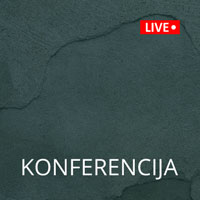
 Marking the International Day for the Elimination of Sexual Violence in Conflict, the Humanitarian Law Center (HLC) invites you to online conference “From Stigma to Justice – Sexual Violence in War “ that will take place on Tuesday, 15 June 2021 from 11:00 am via the Zoom application.
Marking the International Day for the Elimination of Sexual Violence in Conflict, the Humanitarian Law Center (HLC) invites you to online conference “From Stigma to Justice – Sexual Violence in War “ that will take place on Tuesday, 15 June 2021 from 11:00 am via the Zoom application.
The conference will feature three panel discussions at which experts, each within their own field of expertise, will discuss the importance of reparations for victims of sexual violence, the stigma attached to victims of sexual violence, why women are not believed when testifying about the violence they experienced, as well as the ways to overcome trauma and the need for systematic support for these victims.






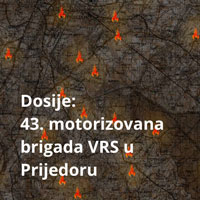
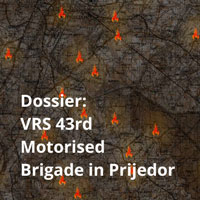 Between May and August 1992, units of the 1st Krajina Corps of the Army of the Republika Srpska (VRS), together with the police of the Republika Srpska, Territorial Defence Force (TO) units and various volunteer groups, carried out attacks on a large number villages in the municipality of Prijedor inhabited predominantly by Bosniaks and Croats.
Between May and August 1992, units of the 1st Krajina Corps of the Army of the Republika Srpska (VRS), together with the police of the Republika Srpska, Territorial Defence Force (TO) units and various volunteer groups, carried out attacks on a large number villages in the municipality of Prijedor inhabited predominantly by Bosniaks and Croats.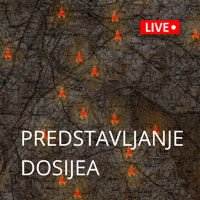
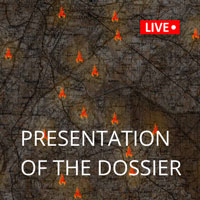 On Monday, 31 May 2021, the Humanitarian Law Center (HLC) will present its fourteenth Dossier, entitled “VRS 43rd Motorised Brigade in Prijedor”.
On Monday, 31 May 2021, the Humanitarian Law Center (HLC) will present its fourteenth Dossier, entitled “VRS 43rd Motorised Brigade in Prijedor”.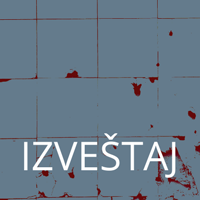
 The HLC has monitored all war crimes trials conducted in the territory of Serbia in 2020, namely a total of 21 cases conducted before the War Crimes Departments of the Higher Court and/or the Court of Appeal in Belgrade.
The HLC has monitored all war crimes trials conducted in the territory of Serbia in 2020, namely a total of 21 cases conducted before the War Crimes Departments of the Higher Court and/or the Court of Appeal in Belgrade.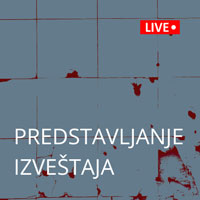
 The Humanitarian Law Center (HLC) will present the Report on War Crimes Trials in Serbia during 2020 on Friday, May 14, 2021, at 11:30 AM, via the Zoom application.
The Humanitarian Law Center (HLC) will present the Report on War Crimes Trials in Serbia during 2020 on Friday, May 14, 2021, at 11:30 AM, via the Zoom application.
 Victims dismissed as “collateral damage”. Survivors silenced. Criminals left unpunished. This is the history of sexual violence in conflict that lawyers are trying to change.
Victims dismissed as “collateral damage”. Survivors silenced. Criminals left unpunished. This is the history of sexual violence in conflict that lawyers are trying to change.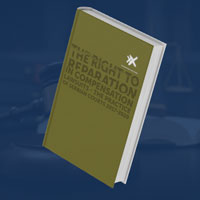
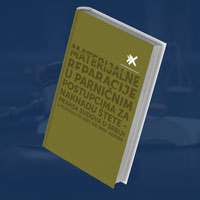

 On Friday, March 12, 2021, at 11 AM, via the Zoom platform, the Humanitarian Law Center (HLC) will present the report “The right to reparation in compensation lawsuits – the practice of Serbian courts 2017-2020”.
On Friday, March 12, 2021, at 11 AM, via the Zoom platform, the Humanitarian Law Center (HLC) will present the report “The right to reparation in compensation lawsuits – the practice of Serbian courts 2017-2020”.
